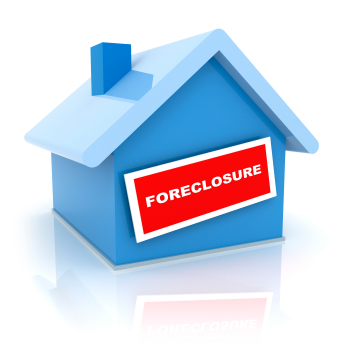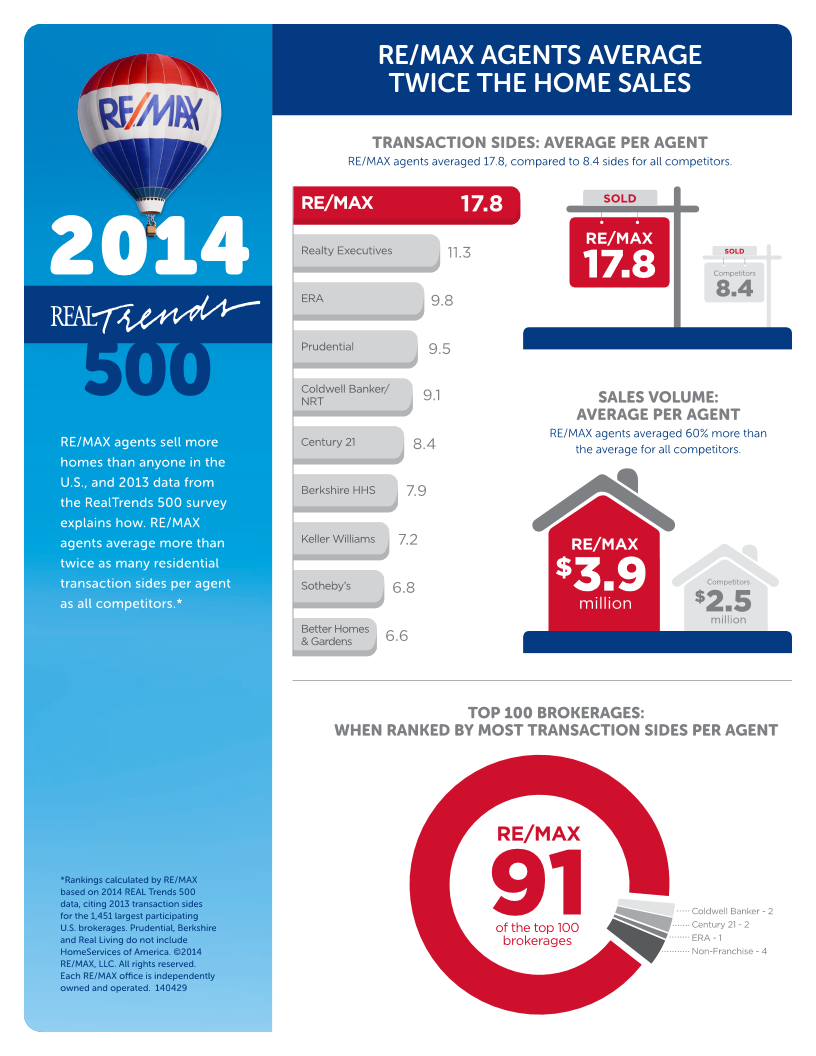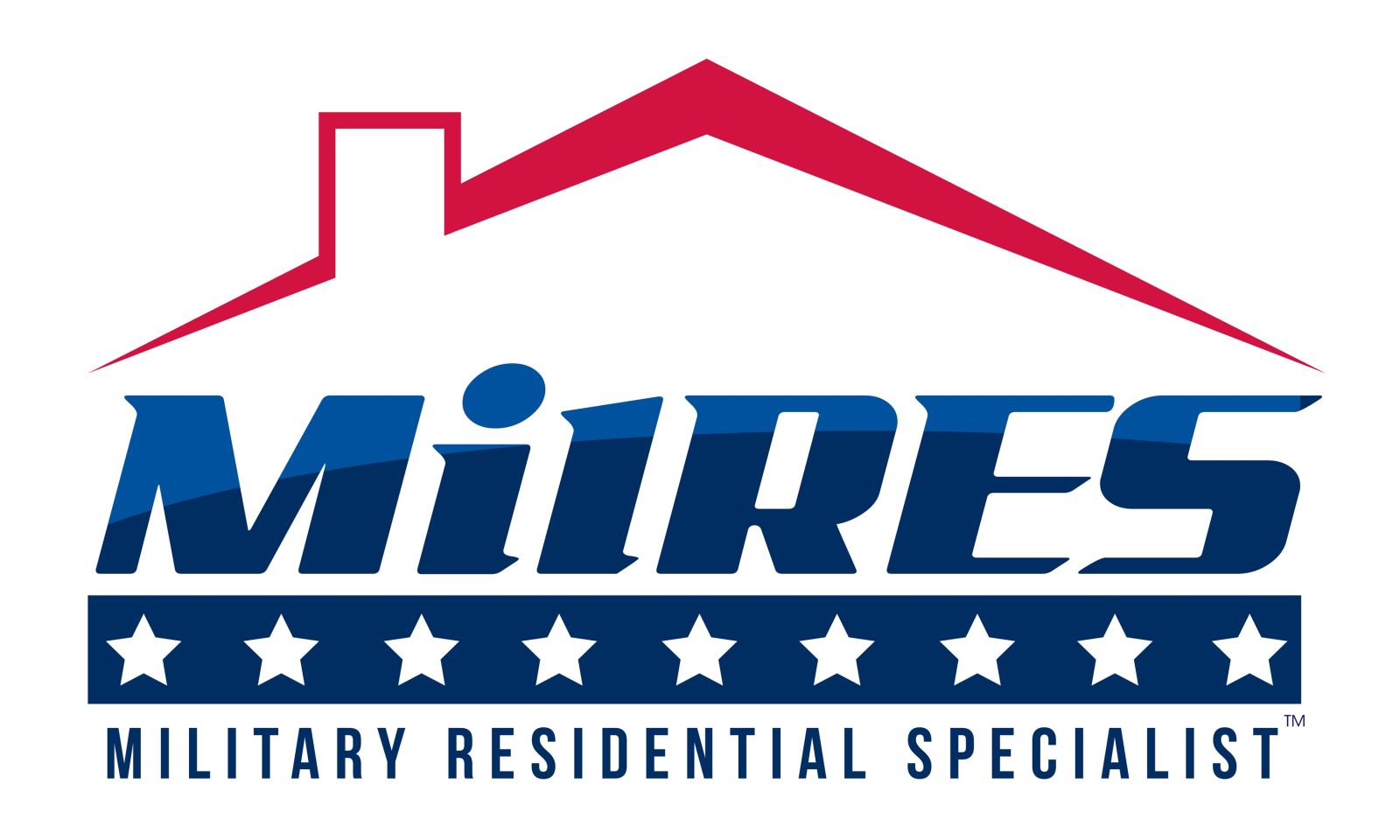Pros and Cons Of Buying a Foreclosure
Buying a foreclosure property can have many benefits for the buyer. Prices are typically 5% to 15% below what the normal market price would have been. There is a lot more information about properties with our internet-rich ability research. Inventory is tighter than in normal years, making foreclosures attractive. However, you should be aware of potential potholes along the road.
 The process is impersonal at best:
The process is impersonal at best:
When buying a foreclosure you are dealing with an institution rather than the typical owner/occupant. The institution, a bank or other lender, doesn’t have much of a personality, and it doesn’t see the property as a place to live. To the institution, the property is simply an asset for sale. The lender’s agent is only interested in the bottom line of the sale. It’s just a numbers game. It requires the buyer to have patience and perseverance.
A buyer can’t expect accurate disclosures:
When buying a foreclosure property there is very little likelihood that you will be able to get any input from the previous owner. You will most likely be dealing with a REO, “real estate owned,” property where the owner is an institution. In a typical REO sale there are no disclosures. The buyers must accomplish their own due diligence beyond the normal process.
Don’t expect the bank to give credits or to fix things:
Again, when buying a foreclosure the buyer is dealing with an institution. There simply will not be much information available. Therefore, after you have done your due diligence, your offer price must take into account all costs that you will have after the sale. The institution’s goal is to make the sale as quickly as possible and with no contingencies surviving closing. The contract for sale must be simple.
The bank will have its own process:
In addition to all of the normal real estate transaction requirements, the institutional owner of an REO property will have its own process. Some of that process can seem like overkill or frivolous. However, it is very rare that a buyer will convince the institution to make exceptions to their process. The key for the buyer is, again, patience and perseverance.
The reward for having patience and perseverance is the very good chance you will end up with a bargain!


 Military home buyers have benefits, legal protections and financing available that are complex, convoluted and often ignored. The ins and outs of Veteran Administration financing can be difficult and mind boggling to understand. It takes a knowledgeable and experienced real estate agent to help veterans navigate the real estate landscape.
Military home buyers have benefits, legal protections and financing available that are complex, convoluted and often ignored. The ins and outs of Veteran Administration financing can be difficult and mind boggling to understand. It takes a knowledgeable and experienced real estate agent to help veterans navigate the real estate landscape.
 1. Don’t spend the maximum amount on a mortgage a lender will loan.
1. Don’t spend the maximum amount on a mortgage a lender will loan. The National Association of Insurance Commissioners
The National Association of Insurance Commissioners While the act of relocating a new place can certainly be exciting, there are, of course, challenges to be met, especially during a hot, busy summer season. Although there are no foolproof ways to make the experience totally stress-free, there are, thankfully, actions you can take to make your “adventure” a more positive one.
While the act of relocating a new place can certainly be exciting, there are, of course, challenges to be met, especially during a hot, busy summer season. Although there are no foolproof ways to make the experience totally stress-free, there are, thankfully, actions you can take to make your “adventure” a more positive one.



